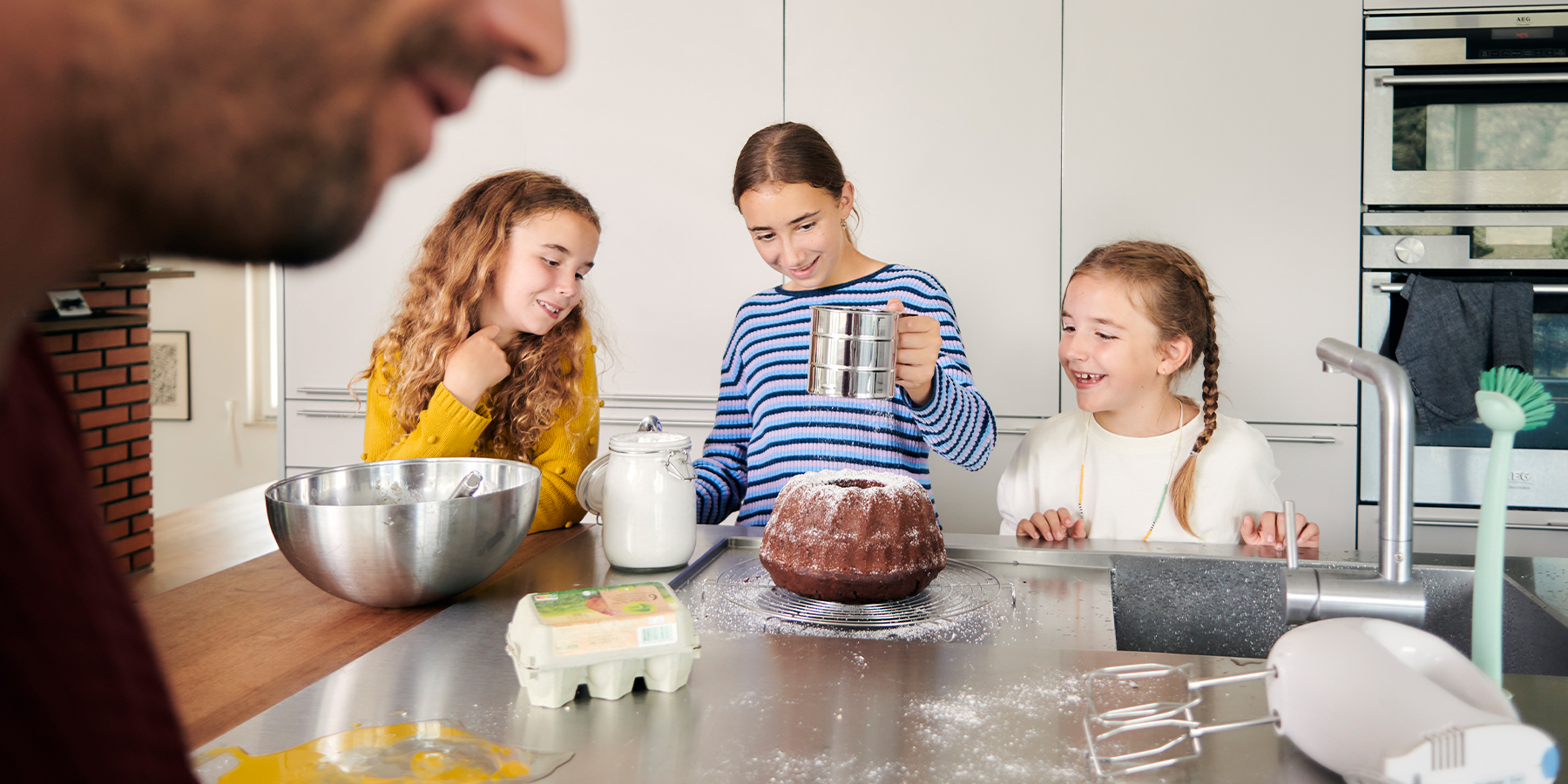In many Swiss households, the day starts with a cup of tea or coffee – so we are already using our electrical appliances for the first time straight away in the morning. The kitchen accounts for around 32 percent of household electricity consumption. This means that buying energy-efficient appliances is always worth it – for both environmental and financial reasons. According to SwissEnergy, efficient electric appliances can help you save up to 1,000 francs with minimal effort. These three kitchen appliances offer a great deal of potential:


